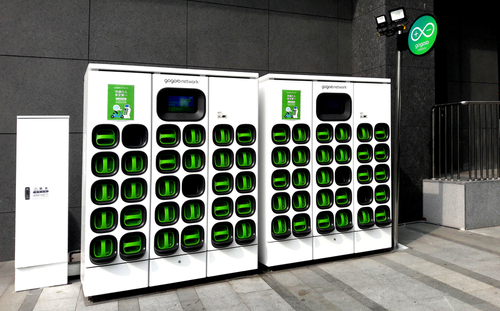
Rural Mobility
January 13, 2022
PolicyPredictionsHow battery swapping tech will go some way to improving rural mobility in the UK.
The back ground;
There is quite strong political capital to try to improve the lives of rural Britain. Who consituents are often poorly served with council services, especially transport.
Poor public transport in rural areas means private vehicles use is the only way to access services.
The UK Government along with local authorities are pushing for electric vehicles to be used. While these electric vehicles (EV) will go some way to improving emissions the EV still has a high bar of requirements before usage including tax and high purchasing cost. Reducing rural transport choices as upgrades are prohibitaly expensive.
EVs will have limited impact in a rural setting as the fundamentals are the same as the tranditional car. As two the two policies of Emissions reduction and improved rural mobility collide.
Except for reducing of emissions, the EV does not bring the ubitiquis transprt that electric micromobility can bring.
Why Battery Swapping is so important:
While the next level of micromobility is the rise of the battery swapping.
Allowing E mopeds, ebikes and cargo bikes to power up without the domestic charging that is expected.
It is the rise of battery swapping that policy makers should consider to solve their local rural transport needs
Their locations
As we have discussed previously on the site with train stations becoming parcel depots through the train network. The often central place of train stations and bus stope real estate in rural areas provides excellent positioning for these so called mobility hubs.
While others include fuel stations and other road lay bys. The battery swapping positions will thrust rural mobility further and deeper than any transport on demand or susidences bus network.
Firms such as Gogogo, a Taiwanese battery firm is making huge gains in delivering in battery swapping.

With the result of lowering the bar to the use of electrified micromobility the alternative to car use will becoming more compelling.
With rural transport networks often poorly surving the communities. The rise of the unmanned battery swapping bases will give bring the reach of micromobility to those who would otherwise find it ill suited. While those who really need transport of demand can be better served with targetted service. The battery tech that is coming to the UK will provide the unlocking of the rural network.
In fund raising news, tier very much led its fund raising on the idea it was an energy network.